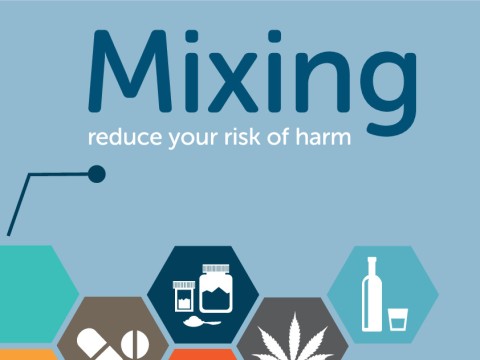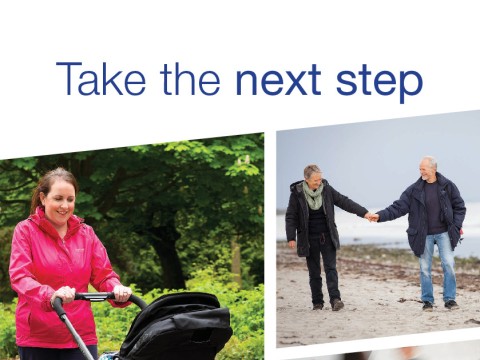Search results
Search our library
- Website
In the Intensive Care Society, we care about your experience of your everyday working life in critical care. We know that sustaining the wellbeing of our staff means that we can provide a better service for our patients, and we make safer decisions and fewer mistakes. We know that this is not just about how you as an individual manage the stress of your job; it is about how your job is designed (including how valued you feel at work, your autonomy and sense of control), the way your unit is managed and your team is led, and the support from your peers.
- Website
Difficult events and experiences can leave you in a low mood and can increase the risk of depression. Sometimes it's possible to feel down without there being an obvious reason.
- Website
This guide aims to help you: find out if you could have symptoms of depression, understand more about depression, find ways to manage or overcome depression. This guide is based on Cognitive Behavioural Therapy (CBT). CBT helps you to examine how you think about your life, and challenge negative automatic thoughts to free yourself from unhelpful thought and behaviour pattern
- Website
New Study: Sleep Is Literally a Deep Clean for Your BrainSleep washes away toxic gunk that builds up in your brain. Do you really want to leave it there?
 Document
DocumentMixing means taking two or more drugs at the same time. This can include alcohol, over-the-counter medications, prescription drugs (such as diazepam, tramadol, Lyrica/pregabalin) and illegal or illicit drugs (such as MDMA, cocaine, heroin).
 Document
DocumentWe all know that being more active is good for our health, but sometimes we overlook the benefits of simple activities like walking.
- Website
A common barrier to sleep is having a hard time switching off from thoughts. If you find it hard to switch off from worries and negative thinking you might find our worry resources helpful.
- Website
In order for sleep to happen, there needs to be deep relaxation. Focus on this first. Deep relaxation is very restorative. Sleep should follow, but if it doesn't, try not to worry too much as this will make you feel even more wide awake. Here are some tips that might help improve your sleep.
- Website
What can I do to fight fatigue while working night shifts? Firstly, don’t try to 'power through it'. Fatigue puts you, your colleagues and your patients at risk.
- Website
It’s common to have problems with sleep. This guide aims to help you:
- Recognise the symptoms of sleep problems
- Understand what sleep problems are, what causes them, and what keeps them going
- Find ways to manage sleep problems
Membership of the Regional Workforce Wellbeing Network
The Regional Workforce Wellbeing Network is led by Dr Sarah Meekin, Head of Psychological Services in BHSCT and the majority of the 17 Health and Social Care organisations in Northern Ireland are represented in this network. At the start of the COVID-19 response this network was tasked with supporting managers and staff with the development and delivery of psychological support services for staff working across Health and Social Care (HSC) in Northern Ireland.
- Belfast Health and Social Care Trust
- Business Services Organisation (BSO)
- Department of Health
- GP Federations in Primary Care
- Health & Social Care Quality Improvement Network
- HSC Healthier Workplaces Network
- HSC Leadership Centre
- HSCNI
- Independent Care Providers
- Northern Health & Social Care Trust
- Northern Ireland Ambulance Service
- Northern Ireland Fire & Rescue Service
- Pharmacy Forum NI
- Public Health Agency
- Royal College of Nursing
- South Eastern Health & Social Care Trust
- Southern Health & Social Care Trust
- Western Health & Social Care Trust